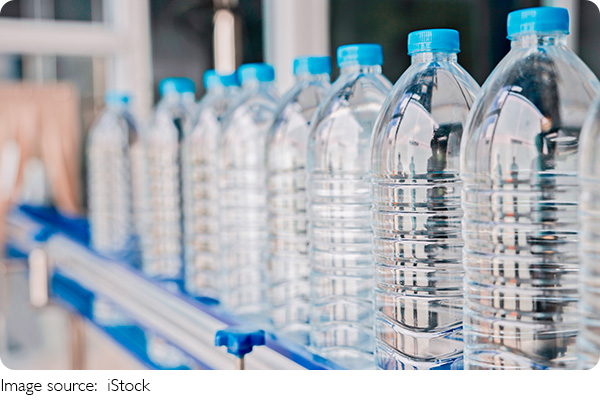How to Drink Water?

Water is the source of life and the foundation of health. On the journey to wellness, many people pursue various methods but often overlook the most basic one: drinking water. They might think, "When I'm thirsty, I drink. How complicated can it be?"
But the reality is more complex. How much water should you drink daily? Is it better to drink purified water or tea? When is the best time to drink water? Understanding these details is essential to truly mastering the art of healthy hydration.
Water in the Human Body
Water is ubiquitous in our bodies, with high percentages in various tissues and organs: the eyeball is 99% water, blood is 90%, the heart is 79%, and the skin is 72%. Overall, water makes up about 70% of an adult's body. However, as we age, this percentage gradually decreases, dropping below 60% in older adults.
How Much Water Should You Drink Daily?
There is no one-size-fits-all answer to this question. Recommendations vary widely, with some sources suggesting 6-8 cups, others 8-12 cups, some saying 1200 mL, and others 2500 mL. The truth is that it depends on individual circumstances.
Under normal conditions, we lose about 1800–2000 mL of water daily through emiction/pee, sweat, and skin evaporation. We also gain about 1000 mL of water from our three meals. Therefore, supplementing an additional 1200 mL of water daily is generally sufficient.
Who Should Drink More? Who Should Drink Less?
People who should drink more water:
- Diabetics
- Gout patients

- People with bladder infections
- Individuals in professions that involve heavy sweating
- People suffering from heatstroke
- Pregnant women
- People with dry skin
- People with colds
People who should drink less water:
- People with kidney disease
- People with liver dysfunction
- People with edema
When to Drink Water?
Timing is crucial for healthy hydration.
- First thing in the morning: Drink a glass of water on an empty stomach to replenish fluids lost during the night and stimulate bowel movements and digestion.
- Half an hour before meals: Drinking water before meals can increase the secretion of digestive juices, aiding in food absorption.
- Two and a half hours after meals: Replenish the water lost during digestion.
- Half an hour before exercise: Hydrate in advance to prepare for physical activity.
- One to two hours before bedtime: Drink a small amount of water to prevent high blood concentration during the night, especially important for the elderly.

Other Tips for Healthy Hydration
- Drink warm water. It's easier on the digestive system.
- Sip, don't gulp: Drinking small amounts of water throughout the day is better than drinking large amounts at once.
While drinking water is a common daily activity, it has a significant impact on health. By understanding and implementing these tips, everyone can hydrate correctly and enjoy better health!
-
 Epic Peru: Traveler’s Dream!Journey through Peru’s rich history, vibrant culture, and stunning landscapes—an adventure that’s waiting for you!
Epic Peru: Traveler’s Dream!Journey through Peru’s rich history, vibrant culture, and stunning landscapes—an adventure that’s waiting for you! -
 Pumpkin Power BenefitsDiscover the Amazing Health Benefits of Pumpkin – From Fighting Cancer to Boosting Immunity!
Pumpkin Power BenefitsDiscover the Amazing Health Benefits of Pumpkin – From Fighting Cancer to Boosting Immunity! -
 Albania: Hidden Gem UnveiledStunning beaches, rugged mountains, and rich history—Albania will surprise you. Are you ready for an adventure like no other?
Albania: Hidden Gem UnveiledStunning beaches, rugged mountains, and rich history—Albania will surprise you. Are you ready for an adventure like no other?